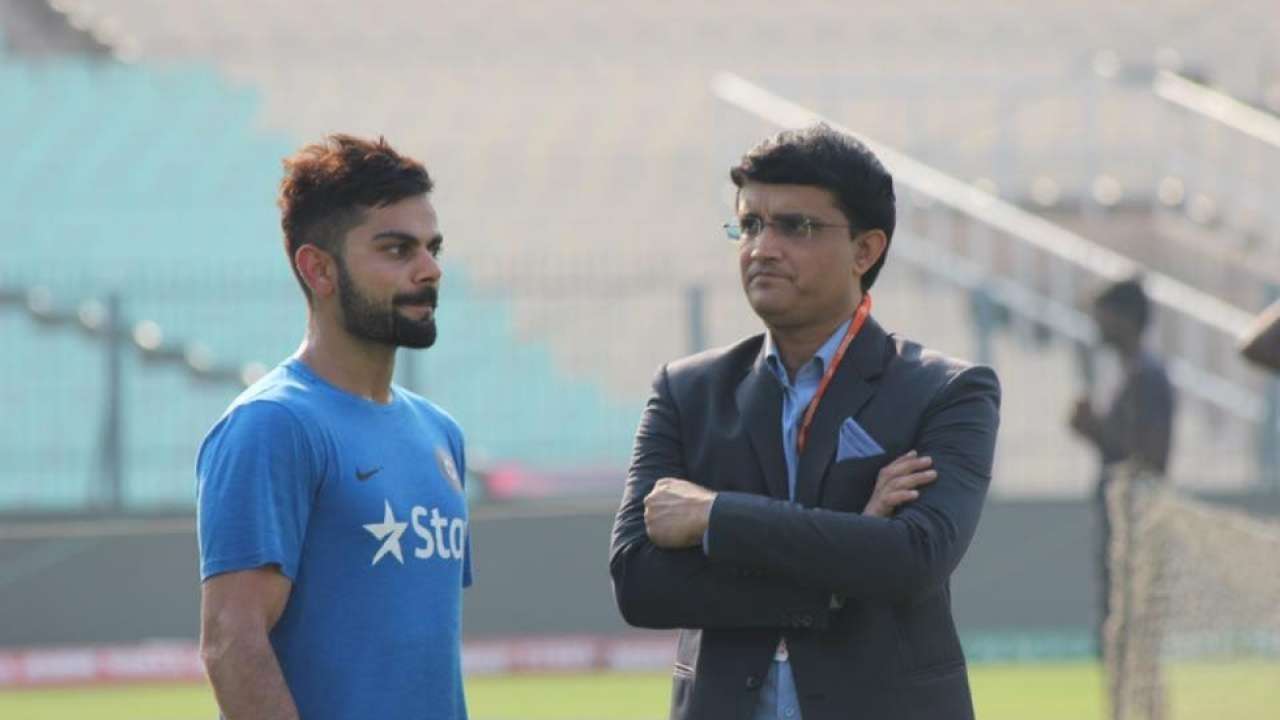
- Select a language for the TTS:
- UK English Female
- UK English Male
- US English Female
- US English Male
- Australian Female
- Australian Male
- Language selected: (auto detect) - EN
Play all audios:
Carnegie Endowment for International Peace and Chicago Council on Global Affairs Release Findings of Bipartisan Task Force on U.S. Policy Toward Russia, Ukraine, and Eurasia | Carnegie
Endowment for International Peace The Carnegie Endowment for International Peace and the Chicago Council on Global Affairs release policy outlook and paper on the findings of high-level
bipartisan task force on U.S. policy toward Russia, Ukraine, and Eurasia. Published on February 9, 2017 PROGRAM RUSSIA AND EURASIA The Russia and Eurasia Program continues Carnegie’s long
tradition of independent research on major political, societal, and security trends in and U.S. policy toward a region that has been upended by Russia’s war against Ukraine. Leaders
regularly turn to our work for clear-eyed, relevant analyses on the region to inform their policy decisions. Learn More WASHINGTON—The Carnegie Endowment for International Peace and the
Chicago Council on Global Affairs are pleased to announce the findings of a high-level bipartisan task force on U.S. policy toward Russia, Ukraine, and Eurasia. The task force was co-chaired
by former U.S. deputy secretary of state Richard Armitage and U.S. Senator Chris Murphy (D-CT). “The relationship with Russia will remain competitive, and often adversarial, for the
foreseeable future,” said Carnegie Endowment President William J. Burns. “The question is not whether to engage Russia – but how, about what, and toward what end. This report offers
realistic answers to these and other important and timely questions.” The mission of the task force was to foster awareness of the many policy challenges facing the United States and its
European allies from an increasingly complex and unsettled region a quarter-century after the collapse of the Soviet Union. The findings of the task force come at a critical juncture for U.S
policy, in the wake of the Kremlin’s unprecedented interference in the U.S. presidential election, and at the start of the new administration’s efforts to build a more collaborative
relationship with Moscow. Over the past year, the task force has met privately with top government officials and independent experts, and published a series of white papers on topics such as
cyber threats, the conflict in Ukraine, and Russia’s role in the Middle East. “We need to have realistic expectations about what is possible in our relations with Russia,” said Council on
Global Affairs President Ivo H. Daalder. “There is no grand bargain to be had. Instead, we must work from a clear understanding of our interests and commitments and a clear set of principles
to advance them.” A short overview of the task force’s key findings is contained in a paper written by Carnegie Endowment scholars Eugene Rumer, Richard Sokolsky, and Andrew S. Weiss. Their
paper offers a set of principles to guide a sustainable policy toward the entire region. The paper will be released at a launch event at 3 p.m. on February 9 at the Carnegie Endowment
featuring task force co-chairs Richard Armitage and Chris Murphy, president of the Carnegie Endowment William J. Burns, and president of the Chicago Council on Global Affairs Ivo Daalder.
The event, which will be moderated by Andrea Mitchell of NBC News, will be livestreamed on the Carnegie website. More information on the task force can be found here on Carnegie’s website.
Task force members included: AMBASSADOR RICHARD ARMITAGE, Task Force Co-chair; President, Armitage International; former U.S. Deputy Secretary of State SENATOR CHRIS MURPHY (D-CT), Task
Force Co-chair AMBASSADOR WILLIAM J. BURNS, President, Carnegie Endowment for International Peace; former U.S. Deputy Secretary of State AMBASSADOR IVO H. DAALDER, President, Chicago Council
on Global Affairs; former U.S. Ambassador to NATO MADELEINE ALBRIGHT, Chair, Albright Stonebridge Group; former U.S. Secretary of State GEN. (RET.) JAMES CARTWRIGHT, Harold Brown Chair in
Defense Policy Studies, Center for Strategic and International Studies; former Vice Chairman, U.S. Joint Chiefs of Staff DEREK CHOLLET, Counselor and Senior Advisor for Security and Defense
Policy, German Marshall Fund; former Assistant U.S. Secretary of Defense for International Security Affairs HEATHER CONLEY, Senior Vice President, Center for Strategic and International
Studies SENATOR JEFF FLAKE (R-AZ) MICHÈLE FLOURNOY, CEO, Center for a New American Security; former U.S. Under Secretary of Defense for Policy RICHARD FONTAINE, President, Center for a New
American Security SUSAN GLASSER, Chief International Affairs Columnist, POLITICO ROBERT KIMMITT, Senior International Counsel, WilmerHale; former U.S. Deputy Secretary of the Treasury KLAUS
KLEINFELD, Chairman and CEO, Arconic JOHN MCLAUGHLIN, Distinguished Practitioner-in-Residence, Johns Hopkins School of Advanced International Studies; former Deputy Director and Acting
Director of the CIA FRANKLIN C. MILLER, Principal, Scowcroft Group; former Special Assistant to the President and Senior NSC Director for Defense Policy and Arms Control MEGHAN O’SULLIVAN,
Jeane Kirkpatrick Professor of the Practice of International Affairs, Harvard Kennedy School; former U.S. Deputy National Security Advisor for Iraq and Afghanistan SENATOR ROB PORTMAN
(R-OH); former U.S. Trade Representative and Director of the Office of Management and Budget ADM. (RET.) JAMES STAVRIDIS, Dean, the Fletcher School, Tufts University; former Supreme Allied
Commander Europe _The task force is supported, in part, by the Carnegie Corporation of New York_. Carnegie does not take institutional positions on public policy issues; the views
represented herein are those of the author(s) and do not necessarily reflect the views of Carnegie, its staff, or its trustees. PROGRAM RUSSIA AND EURASIA The Russia and Eurasia Program
continues Carnegie’s long tradition of independent research on major political, societal, and security trends in and U.S. policy toward a region that has been upended by Russia’s war against
Ukraine. Leaders regularly turn to our work for clear-eyed, relevant analyses on the region to inform their policy decisions. Learn More








